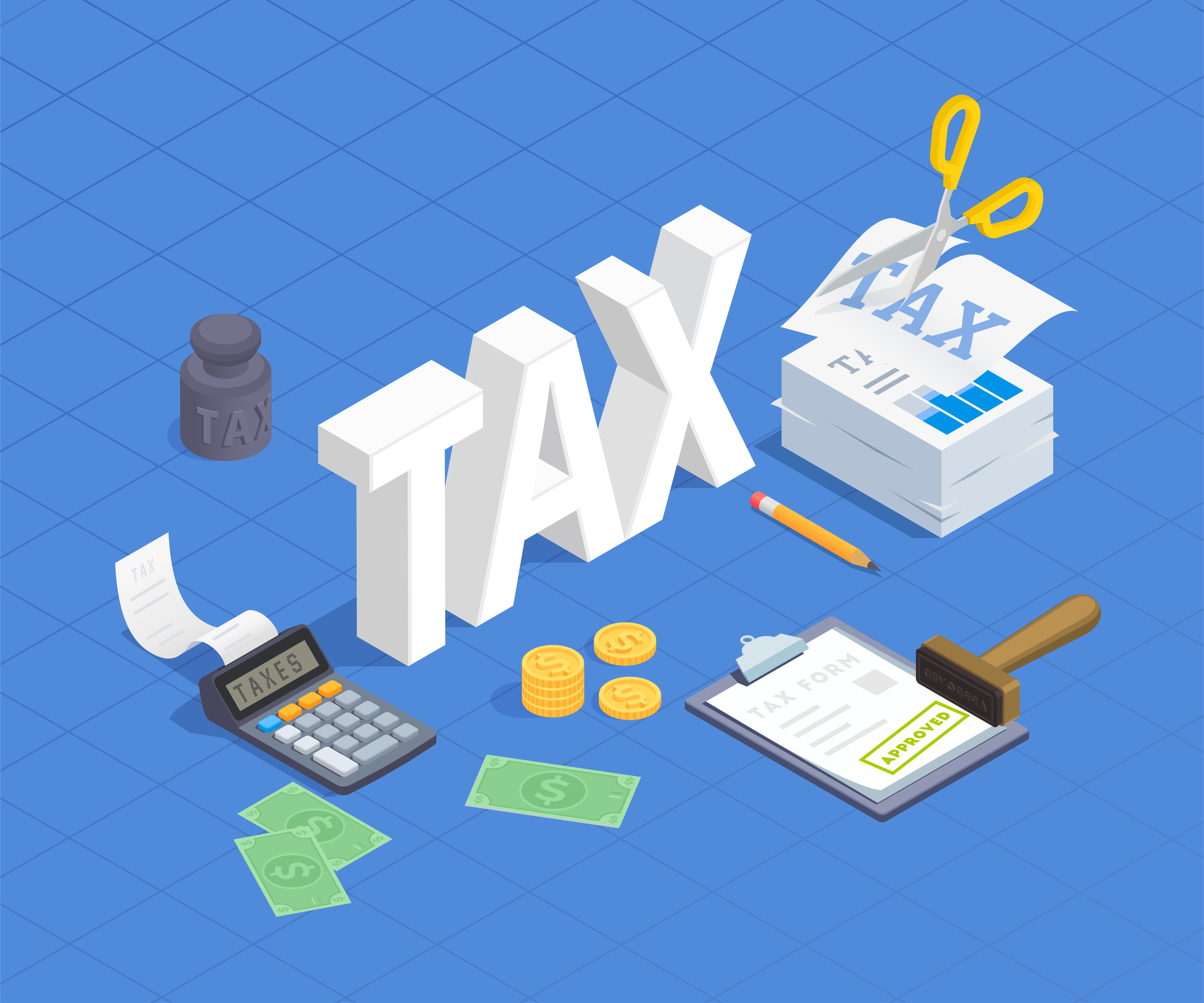
It’s time to say ‘Goodbye’ to retirement debt from your life!
Even for people who have spent a lifetime managing money, retirement may provide unanticipated financial problems. It reminds us that financial issues may arise at any age, and the correct tools and information can help us overcome them.
Consider Suze Orman, a personal finance guru who struggled financially. Despite her expertise, Orman struggled with debt early in her career. This financial hardship tested her fortitude and taught her a lot about money management. It shows that anybody may face financial problems, regardless of skill. Orman’s story shows how overcoming financial challenges can inspire and educate you.
This post is meant to assist seniors with similar issues in restoring financial stability. Simple yet effective techniques for debt management, budgeting, and free financial guidance are here. We’ll discuss debt management methods, including the “Snowball Method,” and how to use community resources and technology.
We want to provide you with simple, practical financial advice. Let’s travel this path together, learning from professionals like Suze Orman to achieve a financially secure and stress-free retirement. You can always turn things around and recover financial control.

Simplify Your Debt Overview
Let’s start battling your debt by developing a straightforward, no-frills debt summary. Consider this a treasure map with X marks for your debts, and your mission is to erase them one by one.
Choose a piece of paper, a spreadsheet, or a huge napkin that suits you. Let’s list those annoying debts. List each one, whether it’s a late credit card statement or an RV loan. Include your debt, interest rate, and minimum monthly payment. Even the modest shop card you used once for a discount counts!
Why so much detail? Being aware of your debts is like knowing what’s in your pantry before cooking. Working with what you have is key. Understanding interest rates is important because, like weeds in a garden, higher rates accelerate debt growth.
Visualizing your obligations is more than simply a pretty fridge door. You can view the full picture and make educated judgments. You may see a modest debt that can be paid off soon or a high-interest one that requires immediate attention.
As you pay off each loan, cross it out with a huge, gratifying pen stroke. I love seeing those debts vanish one by one. Each dragon is a debt in a game where you’re the hero battling dragons, so to speak!
You’ll feel more organized and in charge after this practice. I promise it’s freeing to start your path to financial independence, trust me!
YOU MAY ALSO LIKE: 12 States That Won’t Touch Your Pension, 401(k), or Social Security
Basic budgeting for fixed incomes
Budgeting—not the ‘B’ word—is worth discussing. It’s your hidden weapon for managing money, particularly on a limited retirement income. Consider it your financial roadmap to spend sensibly and save.
First, you have to list your main income sources: Social Security, pension, part-time job, and maybe investment earnings.
First, pay for accommodation, food, healthcare, and utilities. Like gas and oil, they are non-negotiables. Warren Buffett, a financial genius, remarked, “Do not save what is left after spending, but spend what is left after saving.” This budgeting tip is perfect: prioritize savings and basics.
Next, discretionary spending—like taking the scenic way on a road trip. These are non-essential costs like eating out, hobbies, and travel. Finding the balance between enjoying life’s nicer pleasures without depleting your tank is key.
How do you manage this without making it a full-time job? Simple—there are several senior budgeting applications and solutions. Easy monitoring, user-friendly interfaces, and bill reminders. These gadgets can do the tough work, letting you enjoy retirement without numbers.
Budgets allow you to maximize your retirement income, not limit you. Budgeting is your key to financial independence, and with dedication and the appropriate mentality, you’ll master it. Grab that pen, download that app, and let’s plan your finances!
Why should you try the ‘Snowball Method?’
I know, it sounds silly, but the “Snowball Method” truly helped me understand my financial situation – and how I can improve it – much better. Basically, this method is a fun and efficient way to pay off debt. The strategy uses momentum and small victories to make debt repayment manageable and even fun.
First, list your obligations from smallest to biggest, disregarding interest rates. Consider it dominoes. You must first destroy the tiniest. Put as much as you can toward the least debt while paying the remainder, like concentrating on pushing the first domino.
After paying off your smallest debt (yay!), apply the money you were saving to the minimum payment of the next lowest loan. The snowball effect occurs. Each loan you pay off rolls into the next, making your payments larger and more significant, like a snowball rolling downhill.
Why is this strategy effective? Motivation and fast victories are key. Paying off a minor debt fast feels good. It motivates, inspires, and develops momentum. Real progress inspires you to keep going. Like winning a gaming level, you can’t wait to defeat the next.
Its simplicity makes the Snowball Method beautiful. No need for financial expertise or complicated computations. It’s simple and effective, turning the tide in your favor. Snowballs will roll down hills, gain speed, and smash debts one by one.
Try the “Snowball Method” if several bills are overwhelming you. Its simple, step-by-step plan to debt freedom may be the game-changer you need. Build that snowball and watch your bills melt away!

Where can you find financial help?
Navigating your financial landscape in retirement doesn’t mean you have to go it alone. There’s an abundance of free and low-cost financial help available, specifically tailored for seniors. Whether you’re grappling with budgeting debts or just need some savvy advice, there’s a wealth of resources ready to assist.
- Free Counseling Services:
- Organizations like the National Foundation for Credit Counseling (NFCC) offer free or affordable financial counseling.
- Services include help with debt management, budgeting strategies, and more.
- Local Community Resources:
- Many communities have senior centers that provide financial aid programs and advice specifically for retirees.
- Look for free workshops, seminars, and one-on-one sessions with financial experts.
- Online Resources:
- Websites like AARP have extensive information on financial planning, retirement, and more.
- Online forums and groups where you can share experiences and get tips from peers.
- Apps and Online Tools:
- Plenty of user-friendly apps and digital tools are available to help manage finances efficiently.
- They offer easy tracking, budgeting, and planning features.
Remember, effective financial management in your retirement years doesn’t require a fortune. With these free or low-cost resources, you can stay on top of your finances and enjoy your golden years with peace of mind and security.
Still feeling like you need more information? If so, feel free to check out our Retirement Income blog section, which covers tax tips, saving advice, and more! I really feel that we can take control of our finances regardless of our age and that’s what I want to send out to our audience. If you have any additional tips about retirement debt, please leave a comment below and let’s chat!









Leave a Reply